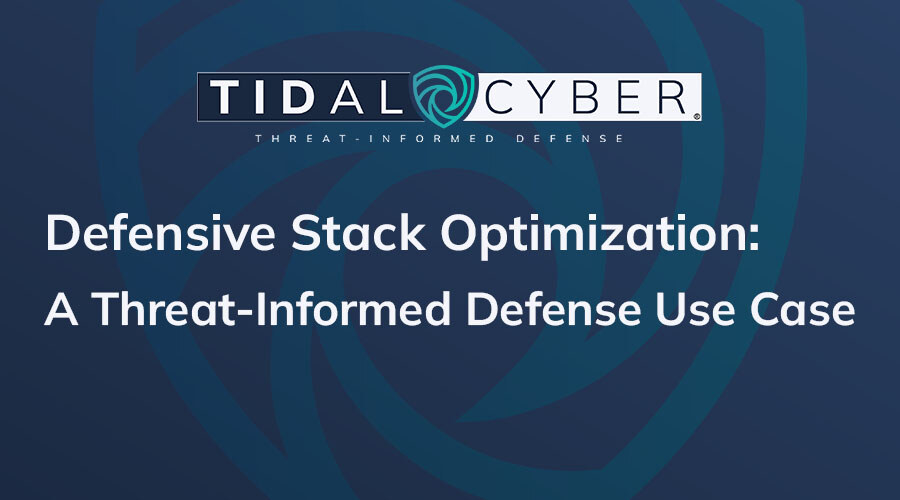In this blog series, we dive into the challenges faced by our heroes of Threat-Informed Defense, how they address them, and the benefits they are driving for their team and organization.
Do you wonder if you are leveraging your security tools to their fullest? Are there any must-have capabilities you are missing? And with budgets being so tight, is there an opportunity to save money by eliminating duplicate coverage or retiring tools so you can shift resources and invest in much needed new tools, processes, or people?
Managing security tools and configurations to optimize defenses and budget is hard for security architects.
Going back to the early days of Tidal Cyber, as we were discussing with security leaders their challenges and how Tidal Cyber might address them, one such leader made a profound parallel that Tidal Cyber is Moneyball for your security stack. For those not into sports, have not read the book or watched the movie, the principal is that simple: rather than just buying as many star players (read “most expensive, well-known tools”) your budget allows, buy players (read: “tools”) that complement each other best and give you the best chances at winning. In otherwards, do not put all your eggs in one basket and limit your redundant spend.
In the world of baseball where there are dedicated scouting teams and endless metrics this is still an incredibly arduous task. Getting a handle on what the tools in your security stack can truly deliver and keeping track of tool capabilities and configurations is an even greater challenge that takes a lot of time and effort.
You often lack visibility to assess what your options are to fill key gaps with your existing tool set, and the data to justify security investments for new tools. What is more, tool information is seldom tracked in one place because multiple people are leveraging different tools to get to one outcome. And if one person leaves, that information leaves with them.
To say that defensive stack optimization is a difficult and time-consuming process is an understatement. A Threat-Informed Defense approach can quickly get you where you need to go.
How Tidal Cyber Helps
Simply put, Tidal Cyber tells you how you can better configure for protection with data-driven visibility and understanding of coverage provided by the tools in your stack. We start by making it easy for you to add your security tools, configure their capabilities to build your custom defensive stack, and toggle settings within your current products to see how the efficacy of each capability changes within your environment against relevant threats. In other words, Tidal Cyber helps you use your players to their fullest, play into their strengths and understand their weaknesses. Then you can do the what-if analysis to understand how new players will address those weaknesses. Watch the video to see how.
Behind the scenes, Tidal Cyber is automating defensive stack optimization based on your organization’s sector-specific threat profile. We map the coverage of existing security tools and configurations, determine the unique value each tool brings, identify areas of redundancy and gaps, and make recommendations to achieve optimization.
Tidal Cyber also provides transparency of this entire process to the entire organization so that it can live on, independent of the people operating the tools.
Reach New Heights with Defensive Stack Optimization
With an approach that focuses on actual threats to the organization, security architects can:
- Optimize coverage of current tools with configuration changes
- Assess the value of new tools against threats of concern
- Make a data-driven case for investing in new tools
- Save money by eliminating redundancies and retiring tools
As your Threat-Informed Defense maturity grows, Tidal Cyber is a force multiplier. For example, sharing this data with detection engineering can help that team figure out which detections to prioritize and build to improve defenses of the existing stack against emerging threats.
Security architects that have the visibility to know they are getting the most protection they can from their existing security tools and the data they need to make decisions that improve ROI and strengthen security posture, qualify for “hero” status.
Interested in learning more about how we can help you and others in your enterprise become Threat-Informed Defense heroes? Reach out to us.


